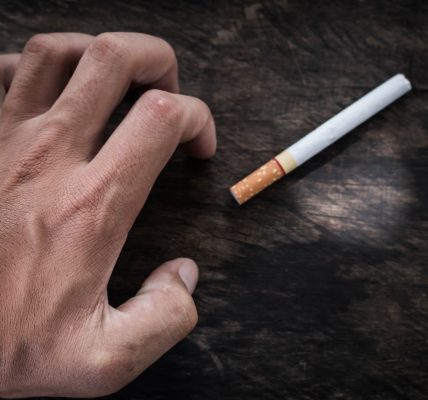Can You Get Addicted to Drama?

We probably all know someone who thrives on chaos and crisis, someone who makes a big deal about minor inconveniences, or who always manages to turn conversations around to make them all about him, her or them. It’s annoying, for sure, but can it be addictive?
“Yes,” says clinical psychologist Dr. Scott Lyons, author of the new book, Addicted to Drama: Healing Dependency on Crisis & Chaos in Yourself & Others. Lyons says that drama addicts seek out conflict because it provides them with relief. In an article in The Guardian by Elle Hunt, Lyons explains how it works.
This activates the body’s stress-response cycle, providing a temporary high, but it soon wears off and, as with most drugs, the effect lessens over time. For those for whom chaos has become “a baseline way of being,” Lyons says, it may lead them to seek out and even create larger, more all-encompassing dramas so as to keep their cortisol levels high.
Many people will recognize that they have a bit of the built-in drama queen after reading Lyons’ book. For example, the desire when listening to a story to interrupt with your own version of a similar situation, subtly pulling the spotlight toward yourself. The brain gets a little dopamine hit every time someone else says your name.
Being talked about is extremely engaging — whether it’s a compliment or nasty gossip. Marketers understand these built-in impulses. The book, Neuromarketing, stresses the importance of using the word “you” in packaging to grab attention fast.
Lyons describes how the drama-addicted tend to be workaholics who intentionally overbook themselves so they’re always working from behind, stressed and frustrated. “What is happening within that overscheduling is that they are getting a hit of cortisol and stress, and using that as a way of avoiding themselves,” Lyons says.
This brings us back to displacement, possibly the source of all addictions. Stressful situations are often displaced rather than dealt with. The relief that comes from the displacement can become compulsive and addictive. The relief from acting out can turn into a lifelong quest for attention. Facing the source of the stress, rather than displacing it, is the key to moderating addictions so they don’t ruin your life.
Written by Steve O’Keefe. First published December 6, 2023.
Sources:
“Why are so many of us addicted to drama?,” The Guardian, December 2023.
Addicted to Drama: Healing Dependency on Crisis & Chaos in Yourself & Others, by Dr. Scott Lyons, published by Hachette in 2023.
“Brain Activation When Hearing One’s Own and Others’ Names,” Brain Research, October 2006.
Neuromarketing, by Patrick Renvoisé and Christophe Morin, published by Thomas Nelson in 2007.
Image Copyright: toonsteb.




